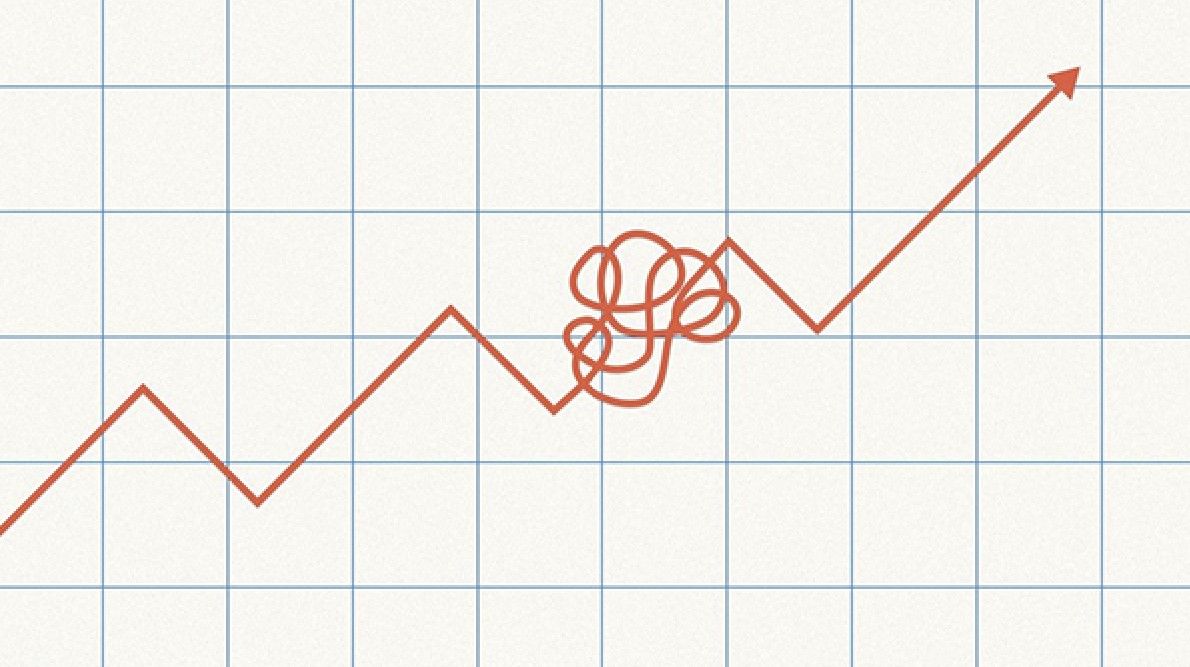
Economy, International Markets, Week in Review
Chilean economy faces challenging months ahead
The Chilean government faces the challenge of balancing growth aspirations with realistic expectations in the new year.

The Chilean government faces the challenge of balancing growth aspirations with realistic expectations in the new year.
Why it matters: The coming months will be critical in determining whether the nation can overcome current obstacles and achieve a more robust economic performance.
Modest economic growth
Chile maintained steady economic growth throughout 2024. In fact, the country’s economic activity index rose by 2.1% year-on-year in November, after a 2.3% increase in October, marking the fifth consecutive month of growth. Output increased in all main sectors, namely trade, goods-producing and services, Trading Economics reports.
Rising inflation
Despite sustained growth, Chile’s annual inflation rate reached 4.7% in October, up from 4.1% in September. “This trend raises concerns about the country’s economic stability and purchasing power of its citizens,” reads a Rio Times article.
External risks
Chilean’s economy is impacted by external risks such as uncertainties around prolonged heightened interest rates in advanced economies, a growth slowdown in major trading partners and the intensification of regional conflicts in the world.
The International Monetary Fund (IMF) warns that political polarization and fragmentation in Chile may cause ongoing reform gridlock. Concerns also persist over social discontent regarding inequality and security, alongside uncertainty about the solvency of private health insurance companies.
“On the upside, the closure of the constitutional reform process is set to reduce near- and medium-term domestic uncertainty,” reads an IMF report. “Moreover, Chile can benefit from the global green transition given its rich endowment with copper, lithium and renewable energy for which demand is set to rise.”
What’s next: The Chilean economy is projected to grow by 2.4% in 2024, slowing slightly to 2.3% in 2025 and 2.1% in 2026, according to the OECD.
“Growth will be driven by a gradual recovery of investment, solid consumption growth supported by increasing real wages and easing financial conditions and sustained external demand for minerals,” the report reads. “Inflation is expected to decrease steadily, converging to the 3% target by early 2026.”
By the numbers: Customers in Chile have averaged 25 days beyond terms, with 25% saying payment delays are increasing, according to the FCIB Credit and Collections Survey.
The most common cause for payment delays is customer payment policy (60%).
What Survey respondents are saying:
- “Start early building a relationship with your customer, and include your salesperson, you’ll make a team and teams work together.”
- “It is important to know your customer’s payment process to avoid misunderstandings or delays due to administrative issues.”
- “Obtain financial statements on your customers and backstop sales with credit insurance.”
The bottom line: Chile’s economy is expected to continue growing steadily in the coming years, driven by investment recovery, increased real wages and sustained demand for minerals, despite challenges of rising inflation, external risks and political instability.
FCIB’s Credit and Collections Survey is now open. It covers Argentina, Taiwan, the United Kingdom and Venezuela. Participants can earn ICEU/CEU points.





